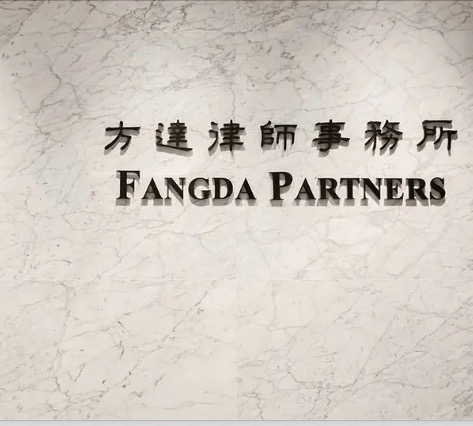Deepening Three Core Businesses: The Rise and Development of Haiwen & Partners
In the 1980s, with the deepening of economic reforms, economic development drove the demand for capital. Shanghai (1986) and…
In the 1980s, with the deepening of economic reforms, economic development drove the demand for capital. Shanghai (1986) and Shenzhen (1988) took the lead in conducting pilot shareholding reforms, and securities companies or trading departments were established nationwide for over-the-counter transactions. In 1990, the Shanghai Stock Exchange was established, followed by the Shenzhen Stock Exchange in 1991. The prosperity of the capital market led to a demand for financial legal services, and there was an increasing need in China for law firms and lawyers who understood law, foreign languages, and economics.
One of Haiwen’s founders, Lawyer Gao Xiqing, completed his undergraduate and master’s education at Beijing Foreign Trade Institute (now the University of International Business and Economics) before going to Duke University in the United States for further studies. During his time in the United States, Gao Xiqing not only gained an in-depth understanding of the American legal system but also worked at a law firm on Wall Street. After experiencing the American “stock market crash” in 1978, Gao Xiqing decided to return to China and dedicated himself to establishing the Chinese securities market, becoming one of the main initiators of its design and establishment. As early as 1988, Gao Xiqing and others co-authored the “Decision Suggestions on Promoting the Legalization and Standardization of the Chinese Securities Market,” which was hailed as the “white paper of the Chinese securities market.” The era’s background and diverse personal experiences prompted Gao Xiqing to conceive the idea of founding a law firm to provide high-quality, professional legal services and participate in the construction of the domestic capital market.
In 1991, Haiwen Securities Investment Consulting Firm (referred to as “Haiwen Consulting”) was registered in Haidian District, Beijing. Initially, Haiwen Consulting mainly assisted enterprises in shareholding reform and listing, covering financial and legal consulting. In 1992, Gao Xiqing secured the opportunity to participate in the Beijing Municipal Bureau of Justice’s pilot program for cooperative law firms. Gao Xiqing, He Fei, Zhao Yan, and six other partners, using Haiwen Consulting’s legal backbone, founded Beijing Haiwen Law Firm.
The name “Haiwen” originates from Haiwen Consulting’s registration in Haidian District, Beijing, with the name needing to include “Hai” (meaning “sea” in Chinese) and implying “free to ask.” In its early days, Haiwen Law Firm and Haiwen Consulting coordinated and supplemented each other, providing comprehensive reform services to clients. The restructuring and overseas listings of companies such as Tsingtao Brewery, Yizheng Chemical Fiber, and Qingling Motors, and the standardized restructuring and listing of Shenyang Jinbei Automotive on the Shanghai Stock Exchange, were achievements of the collaboration between Haiwen Law Firm and Haiwen Consulting.
The management and operation of the firm are closely related to the founders’ philosophy and character. Under the leadership of Gao Xiqing, Haiwen Law Firm became a top law firm in the securities and mergers and acquisitions field, positioning itself as a boutique firm.
Haiwen’s “Orientation Course” Education
From the overall perspective of the legal profession, compared with “nine-to-five” regular jobs, the intensity of lawyers’ work is higher, and Haiwen is no exception. The work of lawyers requires not only high intensity but also a high degree of professionalism, rigor, and logicality. Haiwen’s “orientation course” education reflects these characteristics: as professional lawyers, they must put clients first, achieve “quick response,” and promptly feedback on clients’ issues. At the same time, lawyers cannot easily “express opinions”; legal opinions must be well-thought-out and have sufficient legal basis, otherwise, it will damage Haiwen and the lawyer’s personal brand. Lawyers need to maintain a broad perspective, consider issues from different angles, and while details are important, they should not get lost in partial or fragmented views. Therefore, lawyers must possess strong logical thinking and summarization abilities.
In addition to being professional, meticulous, and rigorous, being low-key and modest is also a cultural tradition of Haiwen. Gao Xiqing once said: “Although Haiwen’s low-key and modest culture sometimes seems not proactive enough, it is precisely this culture that can settle down, making Haiwen’s internal relationships relatively close.”
From the perspective of the scale development trend of Chinese law firms, Haiwen does not seem to be the “trendsetter” of the times. However, Haiwen pursues not “big,” but the quality of legal services to always be at the industry’s leading level, becoming a “leading law firm” in terms of work quality. Lawyer Liu Su stated: “‘Big’ has never been Haiwen’s goal; ‘the best’ is our goal. This means ‘to be the best, not necessarily the largest.'”
After the firm’s brand is recognized, it is more important to let every Haiwen person recognize Haiwen’s culture and be proud of having worked at Haiwen. Lawyer Liu Su said: “From the beginning, Haiwen had the ideal of establishing a ‘century-old law firm.’ If one day, after retirement, one can tell their descendants that they were once a lawyer at Haiwen and Haiwen is still leading in the legal market, it is something to be proud of. More importantly, Haiwen should become a positive factor in China’s legal service market, participating in the construction and development of China’s market economy through high-quality, professional legal services, or at least providing a platform for some young people with legal dreams to find employment and realize their dreams.”
Integrated Operation
Haiwen’s development pain point lies in its slow development and small scale, currently having only over 400 lawyers. Haiwen has been striving to seek a balance between scale expansion and quality control. With market expansion and enterprises going global, Haiwen has established branches in Shenzhen, Hong Kong, and other places, adhering to the concept of “the right person leads the development of the firm,” finding people who fit the firm’s culture and can cooperate and coordinate, and developing steadily with a down-to-earth approach.
Haiwen implements an integrated operation mode, reflected in two aspects: a unified lawyer pool and the linkage between headquarters and local offices. All non-partner lawyers are in the lawyer pool, and the firm is responsible for recruiting and covering all operating costs. Non-partner lawyers and professional assistants in Haiwen are guided and managed by specific partners under a unified lawyer pool, with a partner-to-non-partner lawyer and professional assistant ratio of about 1:3-1:4. However, in specific cases or projects, partners and the management committee can quickly form professional teams, mobilizing all non-partner lawyers and professional assistants.
In the linkage between headquarters and branches, Haiwen provides client-oriented legal services. Although the offices in Beijing, Shanghai, Shenzhen, Hong Kong, Chengdu, and Haikou are in different regions, they can mobilize partners and lawyers from each office to serve clients. If a case or project requires more human resources, personnel can be drawn from each office for support.
For law graduates and young lawyers, systematic training and a clear promotion mechanism are particularly important. Haiwen has established a “mentor system,” hoping that mentors can provide help and guidance to every young lawyer who joins. Haiwen implements an “eight-grade system,” where young lawyers who join after graduation are promoted by grade, becoming “senior lawyers” after reaching the “sixth-grade lawyer,” and after two more years as senior lawyers, they can apply for partner or consultant lawyer positions.
Haiwen prefers to cultivate “generalists” rather than “specialists,” hoping that young lawyers, in the process of growing into senior lawyers or partners, will try different business areas, mastering one and understanding several others. This way, when cooperating, they will not be limited to their own professional field and can consider issues from an overall perspective.
Haiwen’s distribution mechanism has evolved from a “pure lockstep system” to a “modified lockstep system.” In 2008, all partners at Haiwen decided to implement a “pure lockstep system,” where partner distribution was entirely based on seniority, and lawyers could collaborate with any partner. However, this mechanism did not easily encourage the rapid development of young partners and the firm, so it underwent reform, starting to implement a “modified lockstep system,” considering seniority and level in distribution, as well as annual performance, revenue generation, business development, client relationship maintenance, brand contribution, and firm management.
Focusing on Three Core Businesses
Haiwen is China’s first law firm focusing on corporate shareholding reform and domestic and overseas securities issuance legal affairs. Since its establishment, it has been focusing on securities legal services. In 1993, the China Securities Regulatory Commission and the Ministry of Justice jointly issued regulations on securities lawyer qualifications, and Haiwen became one of the first law firms with securities legal business qualifications. In the field of securities issuance, Haiwen is recognized as a pioneering Chinese law firm, having participated in more than 320 domestic and overseas capital market stock issuance projects, raising over 1 trillion yuan in total.
Today, Haiwen’s three core businesses are securities, mergers and acquisitions, and dispute resolution, covering securities issuance, mergers and acquisitions, private equity investment, private fund establishment, foreign direct investment, real estate, bank loans and project financing, antitrust and competition law, entertainment and media law, intellectual property, tax law, dispute resolution, and daily corporate business.
Although Haiwen’s business scope has expanded since its inception, it still focuses on three core businesses. With the development of the market economy and the refinement of industry divisions, the complexity and professionalism of business have been increasing. For example, in corporate mergers and acquisitions, lawyers need to effectively plan transaction structures, resolve disputes, and address issues in various fields. Haiwen needs to build strong M&A teams and teams in other professional fields, providing professional








